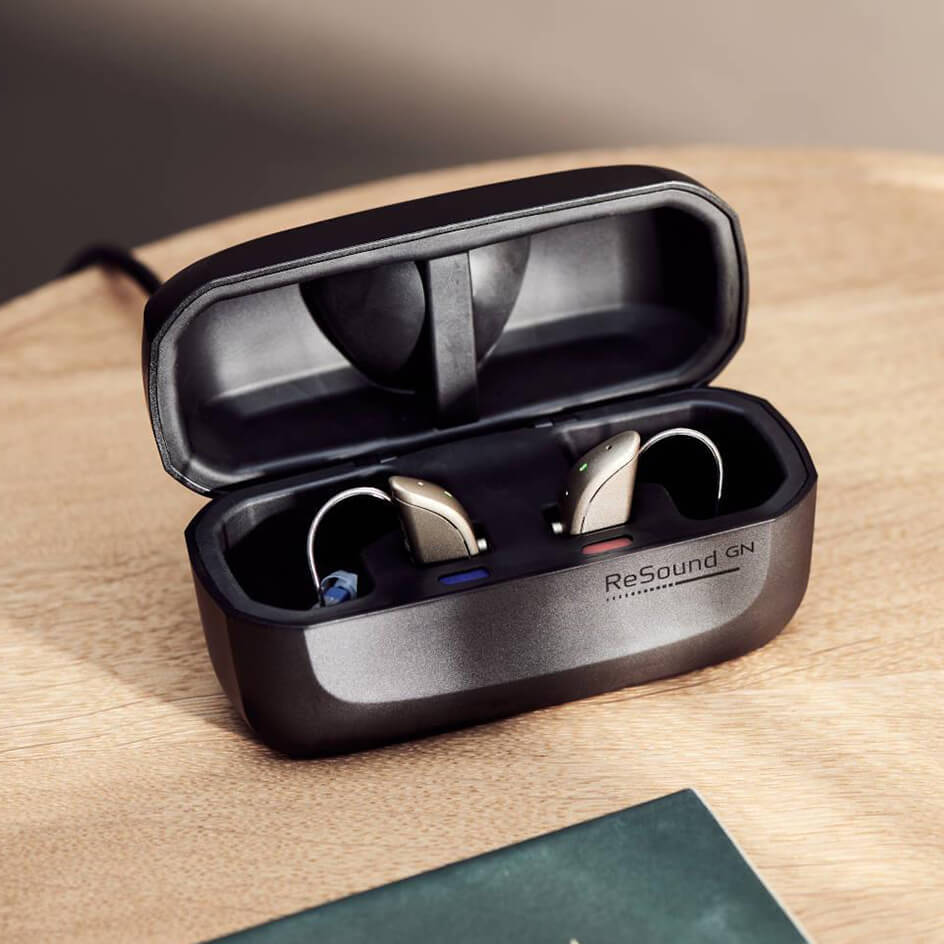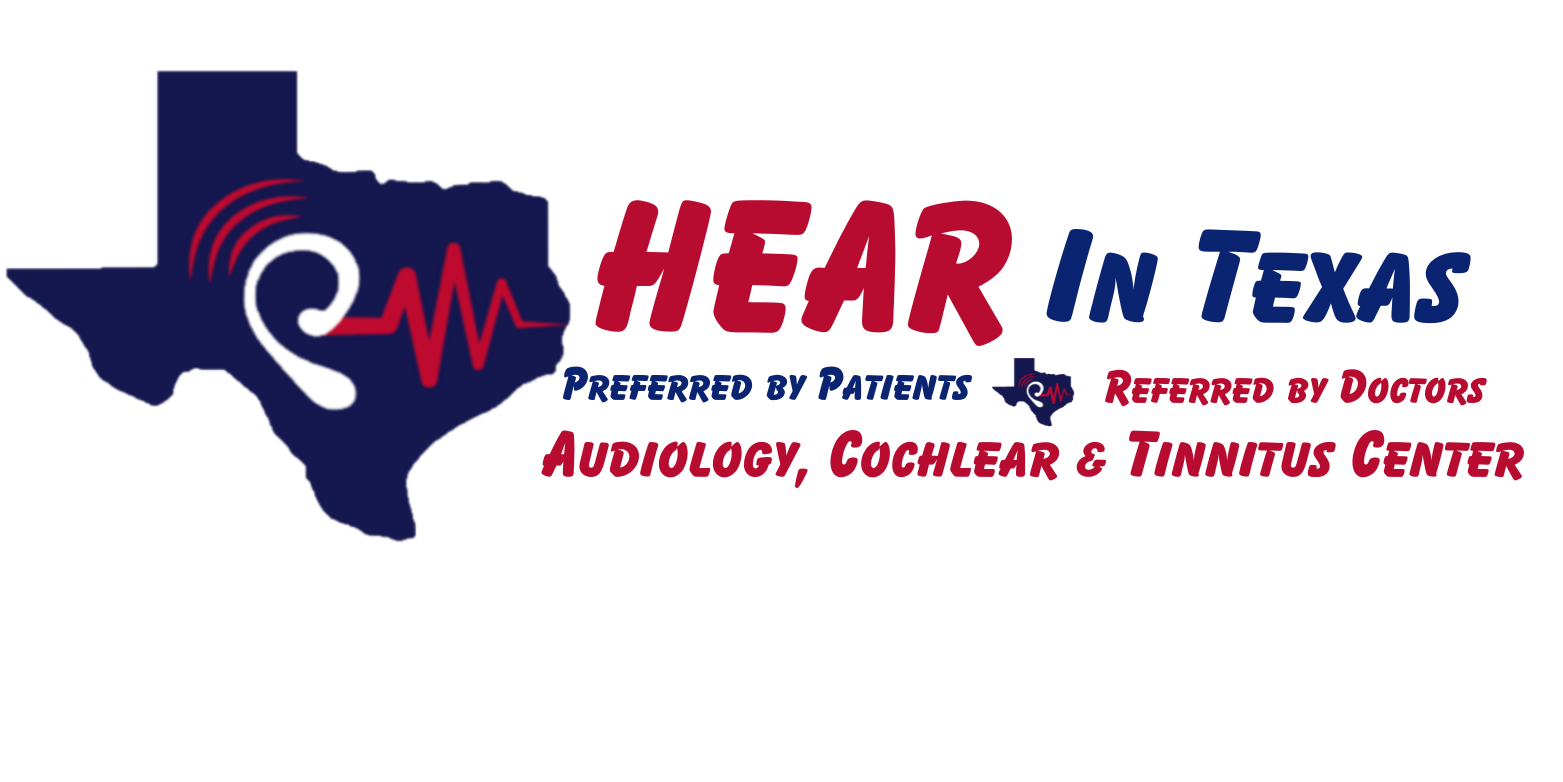HEAR IN TEXAS
Insurance
You May Have Insurance Coverage For Your Hearing Aids


Pulling your hair out while trying to figure out whether your insurance covers hearing aids?
You’re not alone. With so many different packages, policy riders, and supplemental coverages, trying to figure out what is covered by your policy and the level of benefits you can expect is frustrating and confusing.
In fact, one of the most common questions we have to answer almost daily is, “Does my insurance cover my hearing aids?”
There’s no easy answer because each insurance company has a variety of different coverage packages, plans, options, and supplements. Finding those answers can be extremely time-consuming when you’re working out the fine print! Because we don’t want anyone to miss out on getting the help they need because they’re not sure if they’re covered, Hear in Texas has a solution.
Our team of experts includes an insurance specialist who has the experience and expertise to ask the right questions and navigate all of the ins and outs of most major insurance company policies as well as Medicaid, ensuring that you receive all the benefits to which you are entitled.
Eight Questions That Indicate Whether Your Insurance Covers Hearing Aids

1. Does my plan provide a benefit for hearing aids?
2. If my plan does provide a benefit, what is it, and how much is it?
3. Do I have to meet a deductible and out-of-pocket amount before benefits kick in, and if so, how much?
4. How often does my plan cover the investment of new hearing aids, or how often does it renew?
5. Am I allowed to see the audiologist of my choice, or am I restricted to network practices/providers?
6. Does my preferred audiologist or practice accept my insurance?
7. Does my benefit cover the cost of a diagnostic hearing evaluation, or do I need a referral from a primary care physician in order for it to be covered?
8. Can I choose the hearing aids I like best, or am I restricted to a generic brand/type?
Eight Questions That Indicate Whether Your Insurance Covers Hearing Aids

Financing Options If Your Insurance
Doesn’t Cover Hearing Aids
Financing Options If Your Insurance Doesn’t Cover Hearing Aids
We don’t want anybody to miss out on the hearing and quality of life benefits provided by hearing aids because they’re unable to afford them or they’re not covered by your insurance. Here are some options to consider if you need help paying for your hearing aids.
Local Charities And Assistance Programs
There are many charitable groups in some communities that will provide new or used hearing aids at a discount, or even free, if you meet specific financial criteria.
Though not every local chapter participates, local Knights of Columbus, Lion’s Club, Rotary Club, and Sertoma organizations might be set up to help provide financial assistance for qualified individuals. Check with your audiologist or local clubs to learn more.
Local Charities And Assistance Programs
There are many charitable groups in some communities that will provide new or used hearing aids at a discount, or even free, if you meet specific financial criteria.
Though not every local chapter participates, local Knights of Columbus, Lion’s Club, Rotary Club, and Sertoma organizations might be set up to help provide financial assistance for qualified individuals. Check with your audiologist or local clubs to learn more.
Audient
AUDIENT is an affiliate of the Northwest Lions Foundation for Sight and Hearing, and it’s administered by EPIC Hearing Healthcare. It provides hearing aids at a partial cost to low-income individuals across the US.
Telephone: 1-866-956-5400 x2
Website: www.audientalliance.org
Easter Seals
Over 400 local service centers with varying services; some assist low-income adults and children with hearing aids and other rehabilitative devices. Visit their website and find your local office to get contact information.
Website: www.easterseals.com
State Vocational Rehabilitation Programs
If hearing aids are required for employment, your state vocational rehabilitation office may offer assistance to pay for hearing aids or educational opportunities to improve your skillset. Search online for “Texas vocational rehabilitation program” to find what you need.
Travelers Protective Association Of America Scholarship Trust for the Hearing Impaired
The TPA Scholarship Trust for the Hearing Impaired provides financial aid to children and adults with hearing impairment who need assistance obtaining devices, medical treatment, or specialized education or services. There are no age restrictions or requirements for the degree of hearing loss; grants are based solely on financial need.
3755 Lindell Boulevard, St. Louis, MO 63108
Website: www.tpahq.org
Hearing Aid Financing
If you are unable to get third-party assistance to help pay for your hearing aids, there are programs that provide short-term loans or payment plans for hearing aids. Check with your audiologist to learn more about programs, such as CareCredit.
CareCredit is a patient finance program that works like a credit card but can only be used for healthcare services. It is accepted by over 75,000 providers in a wide range of services and offers convenient monthly payment options, no up-front costs to patients, no prepayment penalties, and no annual fees.
Telephone: 1-800-677-0718
Website: www.carecredit.com/
Helping You to Choose the Right Hearing Technology through our Partnerships with all Manufacturers
With each level of hearing loss and person that we help having their own unique set of circumstances, there is never a “one size fits all” approach.
That’s why we partner with every hearing aid manufacturer to ensure that we can always find the right solution for your unique needs.
This also means that we’re often front of the queue to get our hands on the latest hearing technology to ensure that you always have access to the latest developments.

Hearing Health Resources
Latest News

Four Ways to Optimize Your Hearing in 2025
Your hearing health is a cornerstone of your overall well-being. Staying informed about the latest advancements in audiology can help you make empowered decisions about your hearing care.
Optimizing your hearing in2025requires a comprehensive strategy that includes regular assessments, embracing new technologies, exploring advanced interventions like cochlear implants, and keeping an eye on cognitive health.
You’re in the right place – our team of experts is committed to providing you with personalized care that adapts to your evolving needs.
1.Comprehensive Hearing Tests
Understanding your auditory profile starts with acomprehensive hearing test, offering an in-depth look into your auditory capabilities.
Using state-of-the-art diagnostic equipment, these tests precisely measure the degree and type of hearing loss you might be experiencing, which serves as the foundation for crafting your tailored hearing care plan.
You can rest assured that our team of hearing care experts will guide you through your results, making sure you understand every aspect of your hearing condition so you can make proactive decisions that enhance your hearing health.
2.Advanced Hearing Aid Technology
The evolution of hearing aidsover recent years has been remarkable. These aren’t the cumbersome devices of the past; today’s hearing aids are sleek, connected, and come equipped with features such as Bluetooth streaming, rechargeable batteries, and adaptive sound environments.
Key advancements include machine learning capabilities that learn and adapt to your personal sound environments, providing seamless sound quality regardless of where you are.
This technology, partnered with expert advice and recommendations from your hearing care provider, empowers you to engage fully in social situations, keep professional connections, and enjoy personal leisure with greater ease and comfort.
3.Cochlear Implants
For individuals with a profound hearing loss, traditional hearing aids might fall short.Cochlear implantsoffer an innovative solution, bypassing damaged portions of the ear to directly stimulate the auditory nerve, offering a new auditory experience for those with severe hearing impairment.
The process includes a surgical procedure followed by extensive auditory training and rehabilitation. At Hear in Texas, you can rely on our support through each step of this journey, from the first consultation to post-implantation care, ensuring that you achieve optimal hearing results.
4.Cognitive Screenings
The connection between hearing and cognitive health is well-documented, and maintaining cognitive function is an essential part of overall health.
Regular cognitive screeningsare designed to detect early signs of cognitive decline, which hearing loss can accelerate; by providing a comprehensive understanding of how your auditory system might affect cognitive function, you can enhance your quality of life and mental well-being.
Addressing these aspects synergistically helps prevent potential secondary effects of hearing loss like social withdrawal and depression.
Start Your Hearing Health Journey
It’s never too late to start a journey, especially one as important as your hearing health!
You’re not just a patient to us; you are a valued part of our commitment to advancing hearing health.
Together, you can rely on us to help you navigate the complexities of hearing care, ensuring you enjoy the clarity and richness of sound that you deserve.
Request a callbackto get started with our team today or give us a call at(830) 360-2000.
Schedule A Hearing Aid Repair Appointment
Are your hearing aids damaged or not performing as designed? Bring them to the repair expert at Hear in Texas so you can continue to enjoy the lifestyle benefits they provide.
Contact us by completing and submitting the adjacent form, and we’ll call you to schedule a hearing aid repair appointment.
© Copyright 2025 Hear in Texas. All Rights Reserved. Designed by Topline




